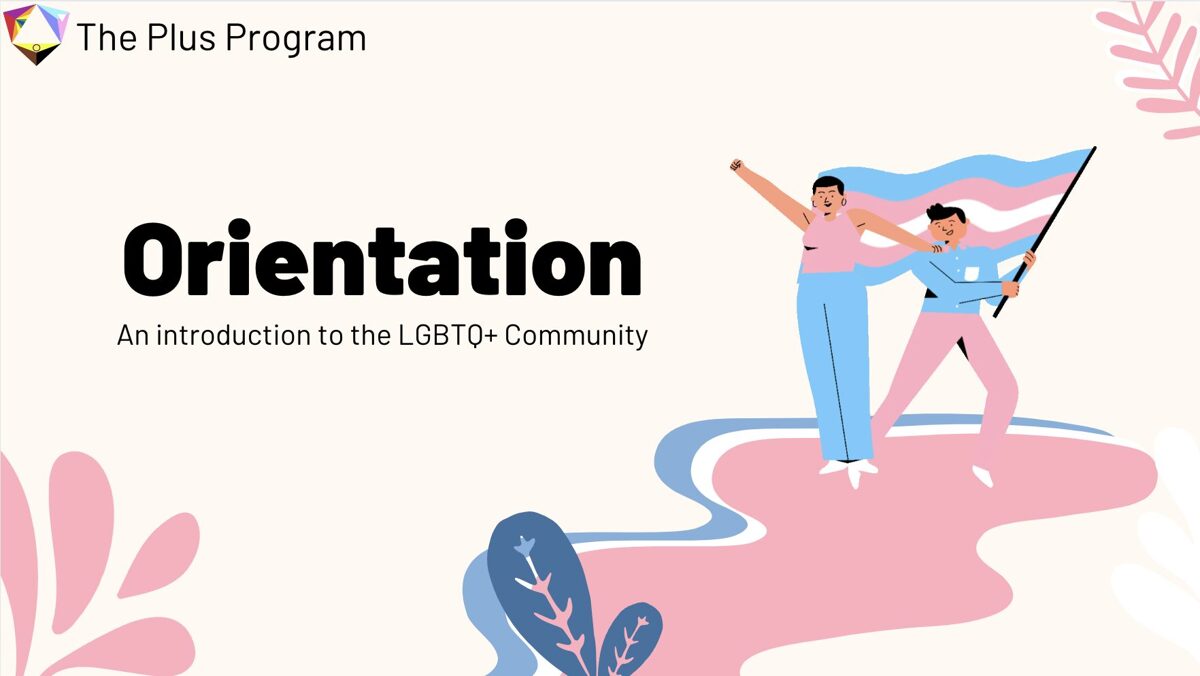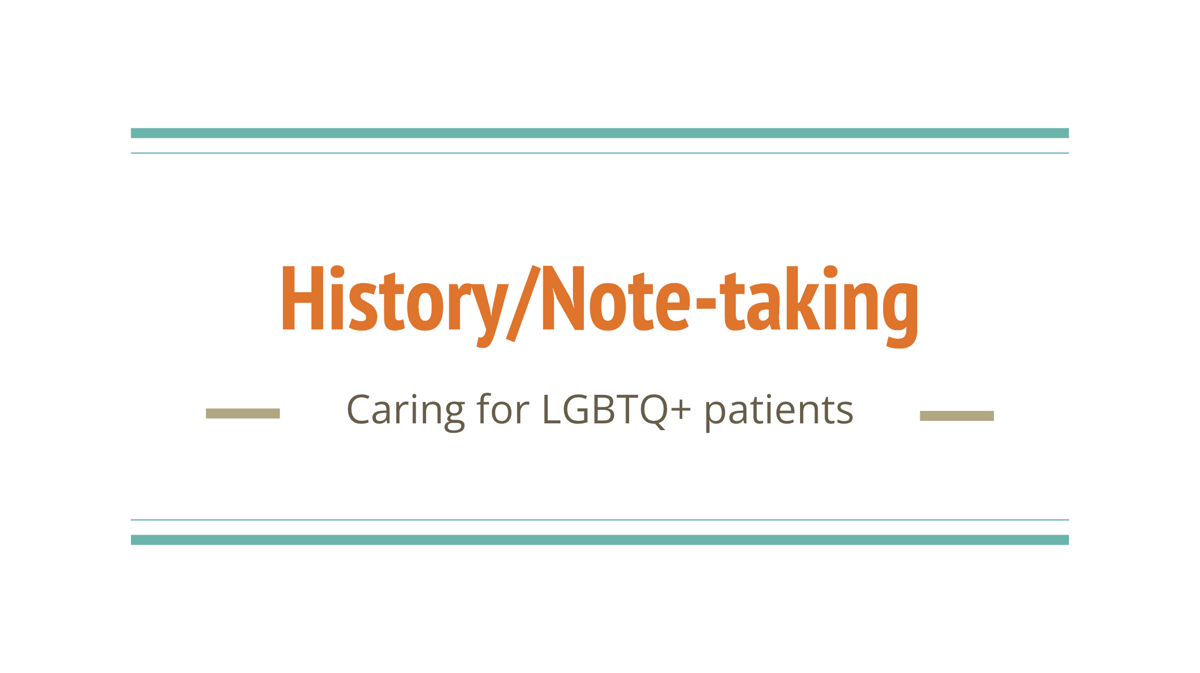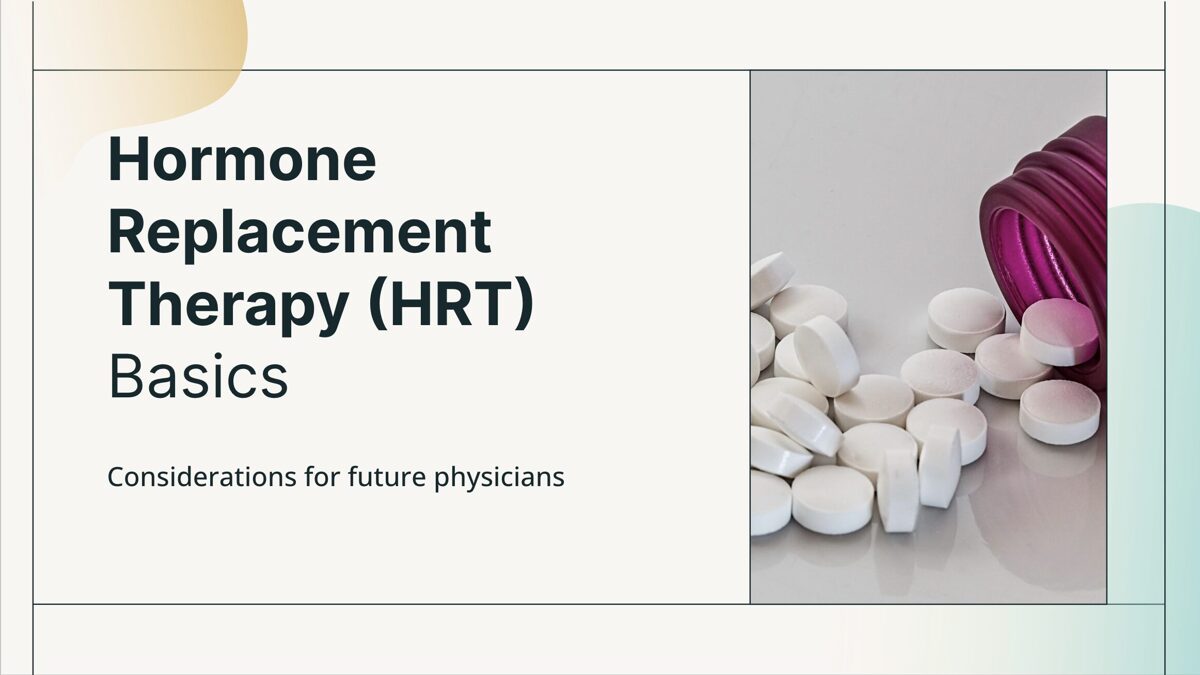A series of interactive modules, led by students, that seek to train students around how to best navigate the health concerns of LGBTQ- "plus" (LGBTQ+) patients. A collaboration between the E-board, SGA Diversity Committee, and the Rainbow Health Coalition, the Plus Program was designed to be an extension of the nationally recognized Safe Zone training platform, with workshops geared towards future physicians that aim to improve queer patient outcomes. Future modules will also address intersectionality within the queer population, providing further opportunities to develop competent physicians that can not only recognize discrimination, but work proactively to provide better care for all patients.

01: Orientation
The Orientation module introduced:
- Core Vocabulary
- DOs and DON'Ts in terminology
- Health Disparities and Intersectionality
- Coming Out
Access here.

02: History Taking
The history-taking module identified:
- Intake processes to establish patient-provider trust
- Shared decision-making in charting
- Techniques for gathering sensitive patient history.
In fall 2024, a "Choose Your Own Adventure" activity was added to this module. This activity can be accessed here.

03: Hormone Replacement Therapy (HRT)
The HRT module introduced:
- Gender-affirming care
- Types and dosage routes of HRT
- Informed-consent prescription
- Strategies for patient communication.
Why it matters:
01: Cultural Competence for LGBTQ+ Patients
- Establishing a secure healthcare setting is a significant stride in fostering a healing environment for individuals within the LGBTQ+ community.
- Enhanced cultural competency training in healthcare and the implementation of physical space modifications to enhance the care experience for LGBTQ+ patients.
02: Understand Intersectionality
- Practical resources are needed to create a clinic environment welcoming to all patients- particularly addressing the needs of underrepresented patient groups.
- It is important to acknowledge the intersections of diverse identities to deliver comprehensive and inclusive healthcare services.
03: Montana Statistic for LGBTQ+ Individuals
In 2019, 2.9% of adults in Montana identified as LGBTQ+, with an estimated LGBTQ adult population of 30,000 individuals.
04: PrEP Eligibility vs. Use
- Only 30% of individuals who could potentially benefit from Pre-Exposure Prophylaxis (PrEP) received a prescription for PrEP in 2021.
- The Centers for Disease Control and Prevention (CDC) has established objectives aimed at encouraging healthcare providers to offer PrEP to eligible and interested patients.
05: Disabilities in the Queer Population
The Institute of Medicine discovered that 47% of LGBTQ+ individuals aged 50 and above reported experiencing a disability, signifying a substantial demographic that will necessitate healthcare services in the future.
06: LGBTQ+ Population and Mental Health
- Compared to their peers, LGBTQ+ youth have a suicide attempt rate that is more than four times higher
- Early intervention is crucial to provide support for LGBTQ+ youth
07: Discrimination discourages LGBTQ+ individuals from seeking care
A survey of LGBTQ+ people shows:- 8% said a doctor or other healthcare provider refused to see them because of their actual or perceived sexual orientation.
- 6% said a doctor or other healthcare provider refused to give them health care related to their actual or perceived sexual orientation.
- 7% said a doctor or other healthcare provider refused to recognize their family, including a child or a same-sex spouse or partner.
- 9% said a doctor or other healthcare provider used harsh or abusive language when treating them.
- 7% said they experienced unwanted physical contact from a doctor or other healthcare provider (such as fondling, sexual assault, or rape).
- 29% said a doctor or other healthcare provider refused to see them because of their actual or perceived gender identity.
- 12% said a doctor or other healthcare provider refused to give them gender-affirming health care.
- 23% said a doctor or other healthcare provider intentionally misgendered them or used their wrong name.
- 21% said a doctor or other healthcare provider used harsh or abusive language when treating them.
- 29% said that they experienced unwanted physical contact from a doctor or other healthcare provider (such as fondling, sexual assault, or rape).
Incorporating literature around LGBTQ+ patient care education into student-led extracurricular medical education
Rosa Dale-Moore OMS-I and Sylvan Greyson OMS-I, poster presentation May 6, 2024
Resources
Bridgercare
Montana-based nonprofit reproductive and sexual healthcare clinic. Has a list of professionals that have been recommended by members of the LGBTQ+ community.
Montana Gender Alliance
Direct services, community building, and civic engagement for the transgender community within Montana.
Contact [email protected] for more info
AIDS Outreach
HIV testing, direct outreach, referrals for PrEP, financial assistance, and support for HIV+ persons and their families/caregivers, support group for HIV+ persons.
Human Rights Campaign
The largest civil rights organization working to achieve equality for LGBTQ+ Americans.
Gender Spectrum
Helps youth, families, organizations, and institutions understand and address concepts of gender identity and gender expression.
TransVisible Montana
Promotes awareness and eduction within all Montana communities on issues affecting trans, two-spirit, and non-binary individuals.
LGBTQ+ and Addiction
Guide on causes, resources, and treatment for substance use disorders within the LGBTQ+ community.
LGBTQ+ Drug and Alcohol Treatment Resources
Article discusses why the LGBTQ+ community is at higher risk for addiction,
Pride Foundation
Scholarships, grants, and advocacy for LGBTQ equality.
The SafeZone Project
Free online resource for powerful, effective LGBTQ awareness and ally training workshops
National Coalition for LGBTQ Health
Advocacy, education, and research resources.
Medical Student Pride Alliance
Supports the success of current and future LGBTQ+ medical students.

